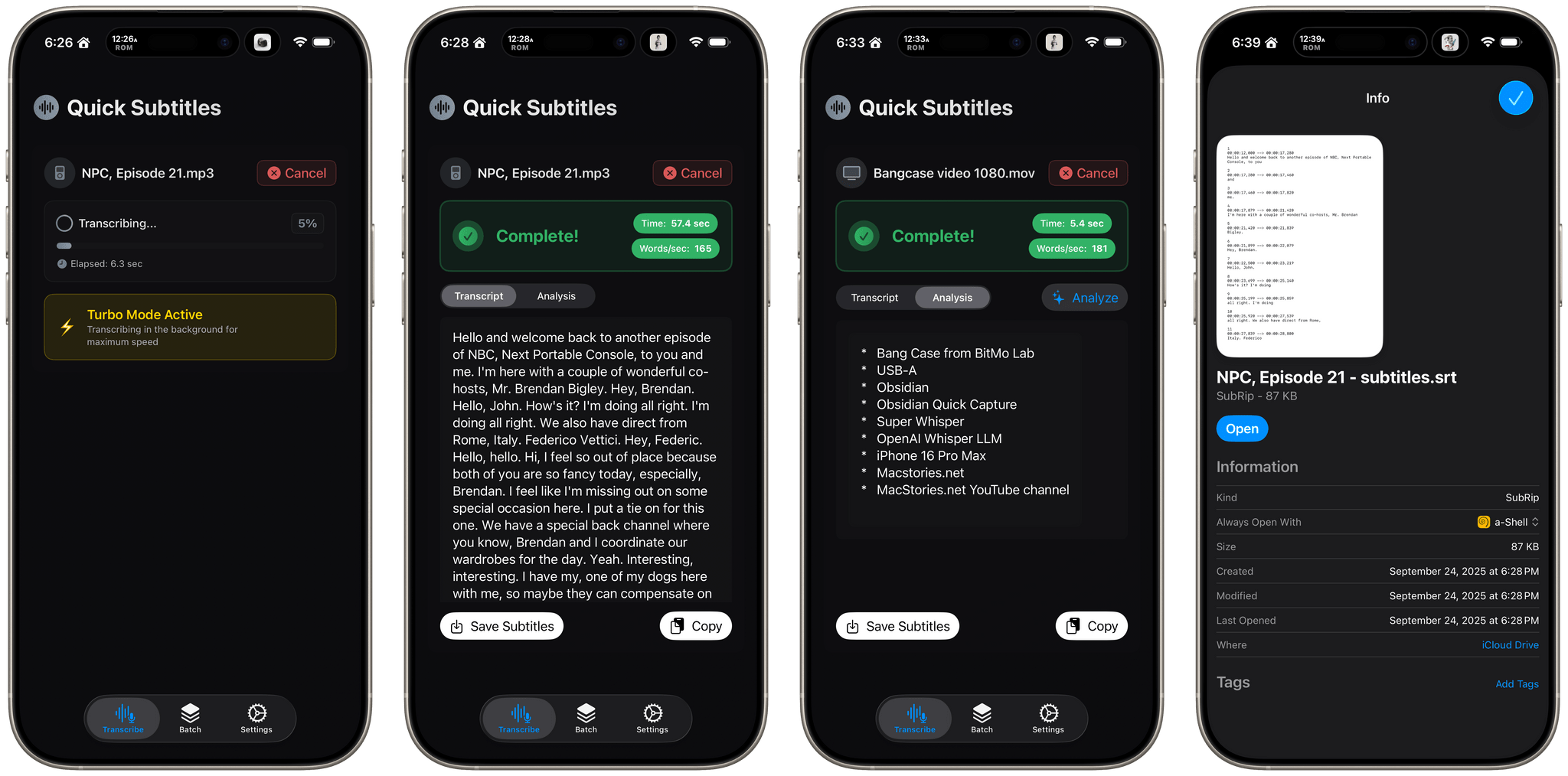Earlier this week, I shared my early impressions of the iPhone 17 Pro Max and included a few galleries of photos I’d taken at each of the model’s standard zoom levels. I was impressed by the results, which made me all the more excited to learn more of how Apple pulled this off.
One of my favorite annual iPhone camera reviews is from the team at Lux, the makers of Halide and Kino. Their experience with the iPhone 17 Pro’s cameras was similar to mine, but with a lot of nerdy camera detail that I love. The overall conclusion of their testing in New York, Iceland, and London is that:
This is, without a doubt, a great back camera system. With all cameras at 48MP, your creative choices are tremendous. I find Apple’s quip of it being ‘like having eight lenses in your pocket’ a bit much, but it does genuinely feel like having at least 5 or 6: Macro, 0.5×, 1×, 2×, 4× and 8× .
The story covers every camera and each zoom distance. Of the 2x, Lux found that:
Shooting at 2× on iPhone 17 Pro did produce noticeably better shots; I believe this can be chalked up to significantly better processing for these ‘crop shots’. Many people think Apple is dishonest in calling this an ‘optical quality’ zoom, but it’s certainly not a regular digital zoom either. I am very content with it, and I was a serious doubter when it was introduced.
Lux’s highest praise was probably for the 8x zoom:
The overall experience of shooting a lens this long should not be this good. I’ve not seen it mentioned in reviews, but the matter of keeping a 200mm lens somehow steady and not an exercise in tremendous frustration is astonishing. Apple is using both its very best hardware stabilization on this camera and software stabilization, as seen in features like Action Mode.
There are loads of beautiful photos in the post and a lot more detail than I’ve quoted here. Be sure to read through the entire post because what Apple is doing with camera hardware and software is really quite remarkable.




.](https://cdn.macstories.net/dallas-taylor-1757510864489.png)

